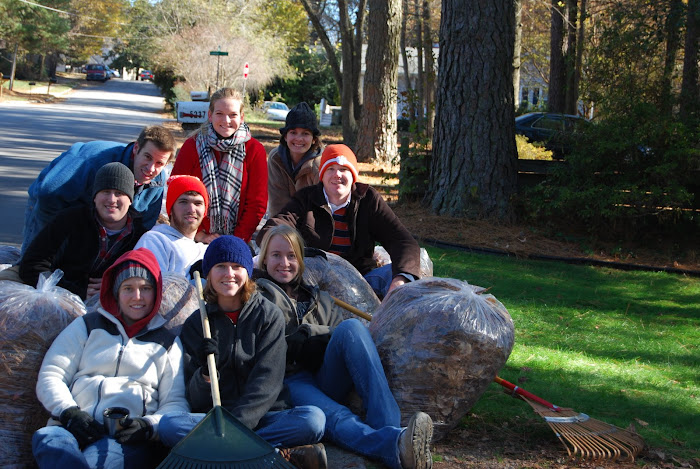"Wisdom and folly crop up repeatedly throughout the Old Testament, although folly appears in its root form, not the participle form as it appears in Ecclesiastes. This allows us to better understand what the words mean through the best possible means – looking them up in context. Wisdom, (chokmah) appears 148 times. In addition to being used where it clearly means something equivalent to the English word for wisdom it is also used for “skill”. For instance, in Exodus we are told that God grants people skill/wisdom to make things for the tabernacle or priests. Exodus 35:35, for instance, tells us that God has “filled them with skill to perform every work of an engraver and of a designer and of an embroiderer”, while 36:1 instructs the people saying, “Now Bezalel and Oholiab, and every skillful person in whom the LORD has put skill and understanding to know how to perform all the work in the construction of the sanctuary, shall perform in accordance with all that the LORD has commanded.”
Wisdom is also urged on the virtuous. Proverbs repeatedly draws on the theme of the wise (who live well and please God) and the foolish (who live poorly and suffer God’s displeasure).
Folly, in its verb form (“to be foolish/to make to be foolish/to have been made to be foolish”) appears less frequently – only ten times. However, these times follow a pattern. Laban complains, in Genesis 31:8, that Jacob has acted foolishly in running away. This involves normal foolishness – Laban points out that he could have harmed Jacob for this - but also wrongdoing. Laban is complaining that Jacob has wronged him. Similarly, three of the four uses in first and second Samuel involve wrongdoing. In one Samuel informs Saul that he has acted foolishly by doing something God had commanded him not to, and in the second two instances someone (Saul and David, respectively) plead with someone else (David and God, respectively) and say, “I have been foolish,” to acknowledge that they have done wrong. While two instances of the word do appear to mean simple foolishness eight of the ten carry this connotation of moral wrongdoing."
So this week, we discussed these ideas and many others. I hope that as you continue to think about this passage this week you will consider our final "point to ponder"? How does this passage change how you love others as Jesus love you?
Thursday, September 25, 2008
Ecclesiastes 2:12-26 Wisdom and Folly
Posted by
Modest Cattle
at
5:31 PM
![]()
Labels: Scripture Study
Subscribe to:
Post Comments (Atom)

1 comment:
I feel that this passage gives me relevant advice on how to show Christ to others by how I work. Even when I feel discouraged or upset by my work, I need to remember that I'm doing this work for Christ and I need to show the love of Christ in all the work I do.
Post a Comment